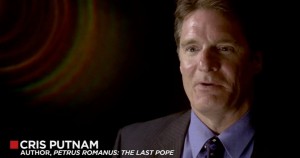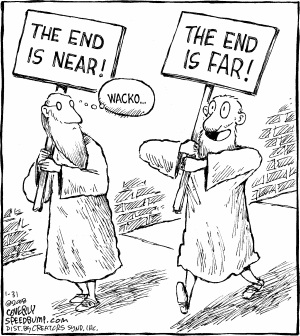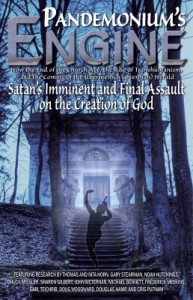Jim I first want to thank you for sharing the supernatural photos from heritage USA, the last time I was there at Morningside talking about On the Path of the Immortals. Even though I am S. Baptist, (and I know they gave you a hard time in the media.) I am sure you know at least some of them genuinely wanted to protect the church from a percieved scandal. Before, I was a believer, I used to use Jim Bakker as a reason Christians were all hypocrites. But I had never read the Bible and I honestly didn’t want too. So I was worse than a hypocrite anyhow. Then I met real Christians, not legalists, the kind of people who confessed their own sin and they told me unexpected things like “If you’re not a hypocrite, your standards are probably far too low. Why not visit our church we always have room for another one!” Although we strive not to judge others hypocritically, we are all hypocrites according to scripture:
For what I am doing I do not understand, because what I want to do, this I do not practice, but what I hate, this I do.(Romans 7:15)
That very same Paul taught the purpose of the law was to gain knowledge of sin, no one other than Jesus was able to keep it perfectly.
For by the works of the law no person will be declared righteous before him, for through the law comes knowledge of sin.: (Romans 3:20)
Paul also taught:
“The righteousness of God through faith in Jesus Christ to all who believe. For there is no distinction,(Romans 3:22)
James was a little more harsh:
“Come now, you rich people, weep and cry aloud over the miseries that are coming upon you! Your wealth has rotted, and your clothing has become moth-eaten. Your gold and silver have become corroded, and their corrosion will be a witness against you, and it will consume your flesh like fire. You have stored up treasure in the last days.(James 5:1–3)
I am convinced Bakker is a redeemed Christian with good intentions who was misled by the prosperity gospel popular in AOG churches during the PTL era. He has now confessed it was wrong. It takes a humbled man to make such an admission, that’s character, that impressed me.
Most people are unaware that the majority Bakkers jail sentence we repealed for lack of evidence. It was trumped up. (At the same time Wachovia bank was laundering Pablo Escobar’s cocaine profits but the NC attorney General was more interested in crucifying Jim Bakker in the media.) So, today, I consider Bakker a Christian hero for having the courage to “die to self,” admit past mistakes, and ride out an unjust sentence, much like Joseph in Egypt, and, upon release, proclaiming that he’s a new creation in Christ, while preaching against the prosperity Gospel (he used to advocate).
“Command those who are rich in this present age not to be proud and not to put their hope in the uncertainty of riches, but in God, who provides us all things richly for enjoyment,(1 Titus 6:17)
Tom Horn & Cris Putnam Book Offer










